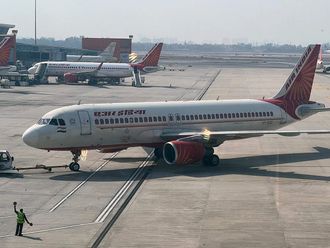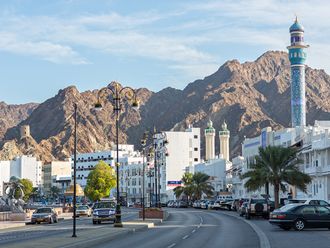New Delhi: A court judgment due in India on Thursday threatens to re-ignite religious tensions when it rules whether Hindus or Muslims own land at a holy site in the town of Ayodhya.
The issue led to deadly riots in 1992 when Hindus destroyed a mosque at the site.
Here are the possible outcomes and consequences:
- A ruling seen as pro-Hindu could damage the ruling Congress Party's relations with India's Muslims, who make up 13 percent of the population. Congress has built a reputation as a secular party in contrast to the main opposition, the Hindu nationalist Bharatiya Janata Party (BJP).
- A ruling seen as pro-Muslim would raise the possibility of violence from Hindu fanatics as it would threaten Hindu groups at the site with eviction. It could also help boost the BJP, which rode to national prominence on the Ayodhya row in the 1990s.
- A split or inconclusive ruling is forecast by many, as the court must assess at least 20 different issues including whether the disputed spot was the birthplace of the Hindu god Ram. Home Minister P. Chidambaram said Wednesday that "it would be very difficult for a trained lawyer to come to the conclusion that one side has won and one side has lost".
- The government hopes that whatever the ruling, religious tolerance has improved in India since 1992. The BJP itself has appealed for calm, with a spokesman on Wednesday saying that "people should hear the verdict with patience and accept it with patience".
- Hindu or Muslim groups who feel aggrieved at any elements of the court decision are likely to launch a Supreme Court appeal. The glacial pace of legal proceedings in India looks set to ensure that the Ayodhya case will be subject to courtroom arguments from many years to come.












